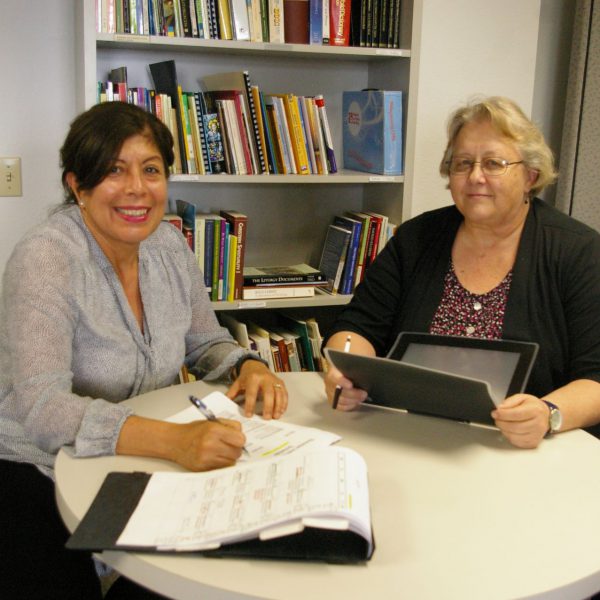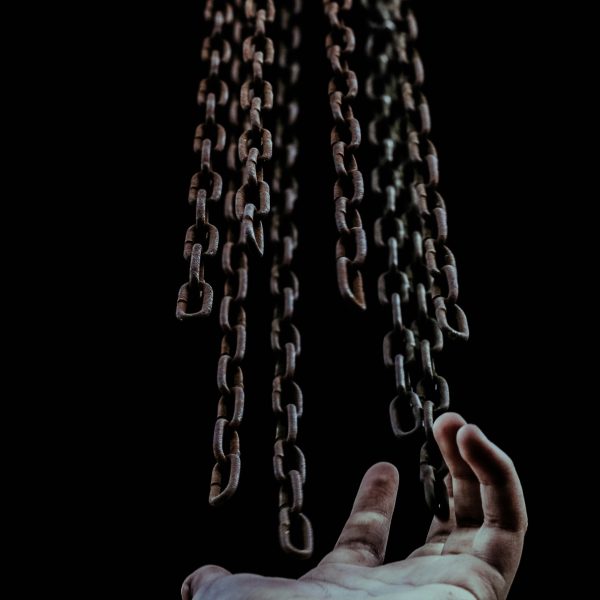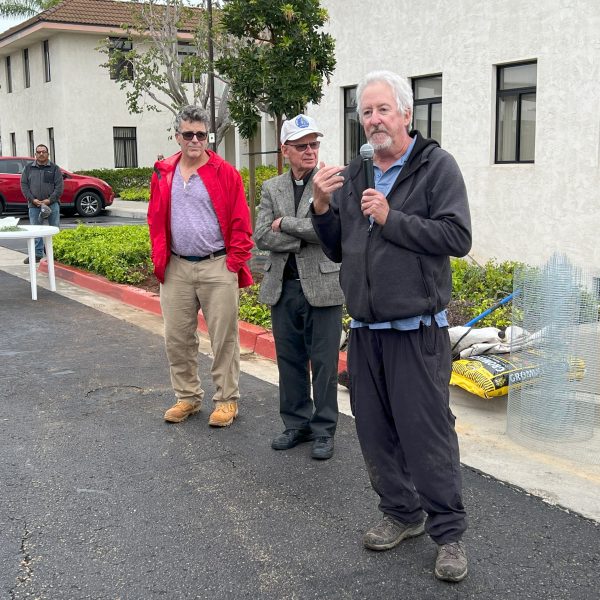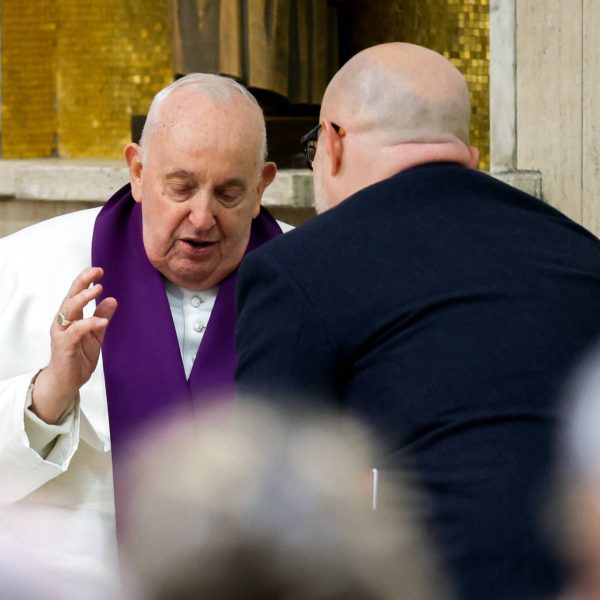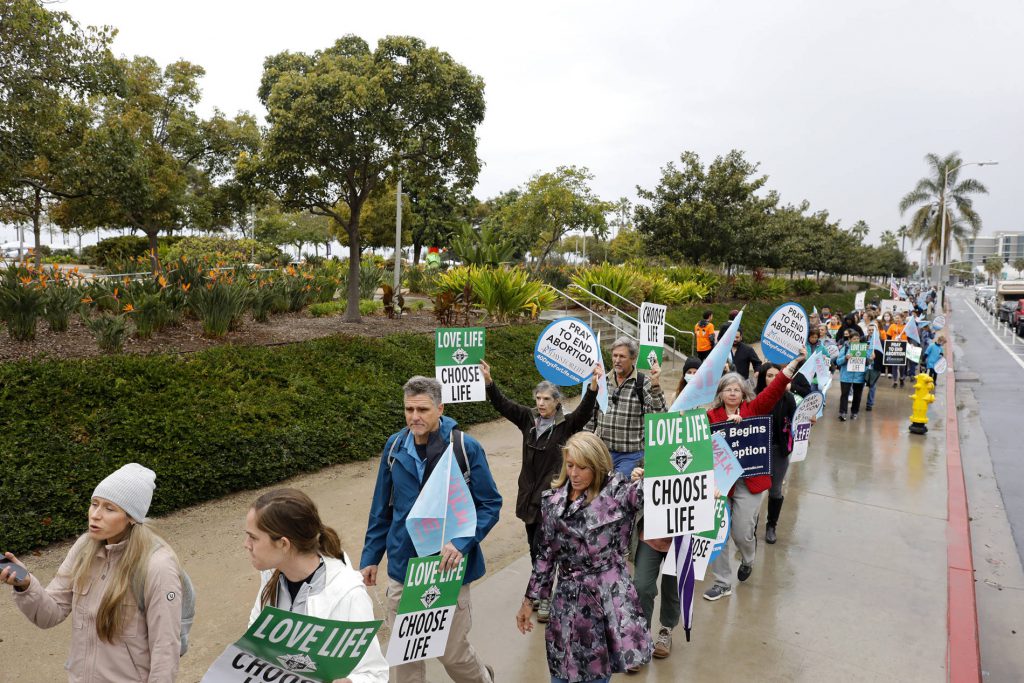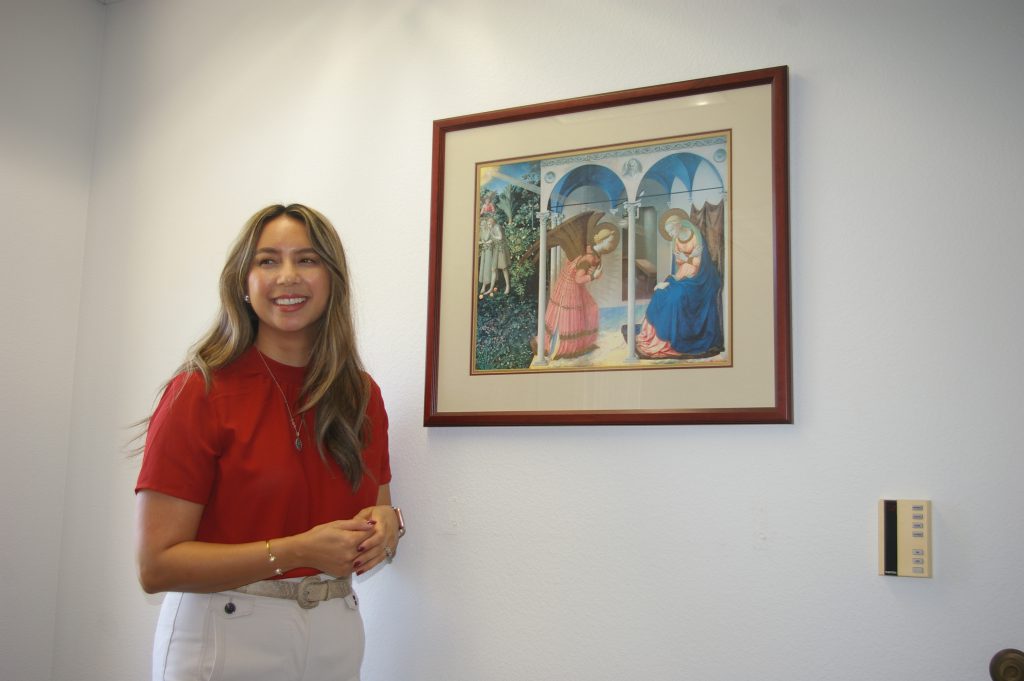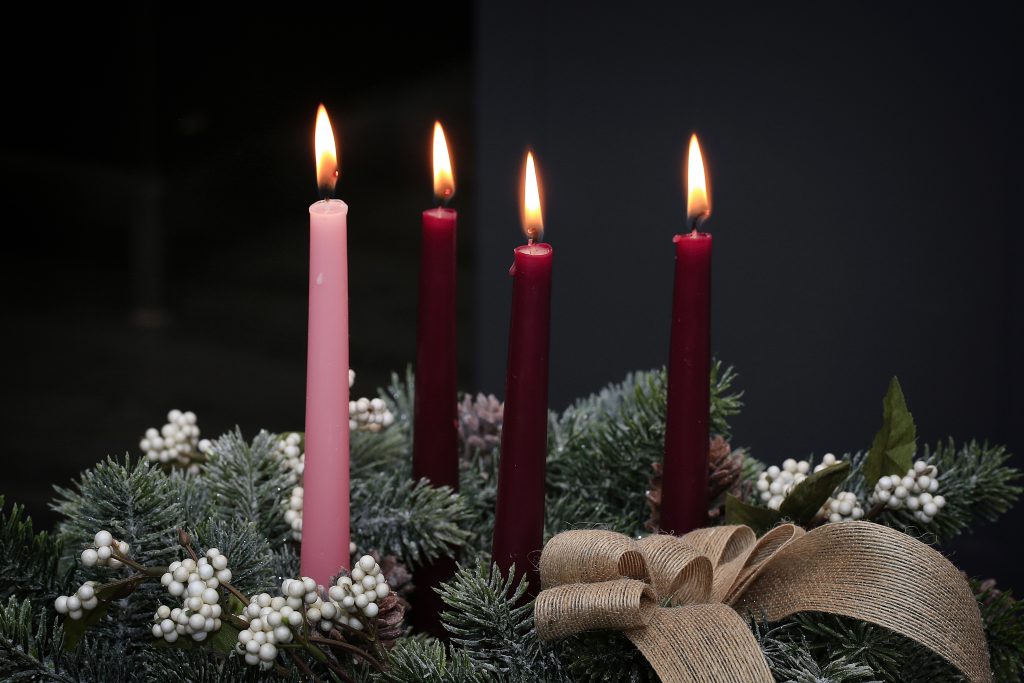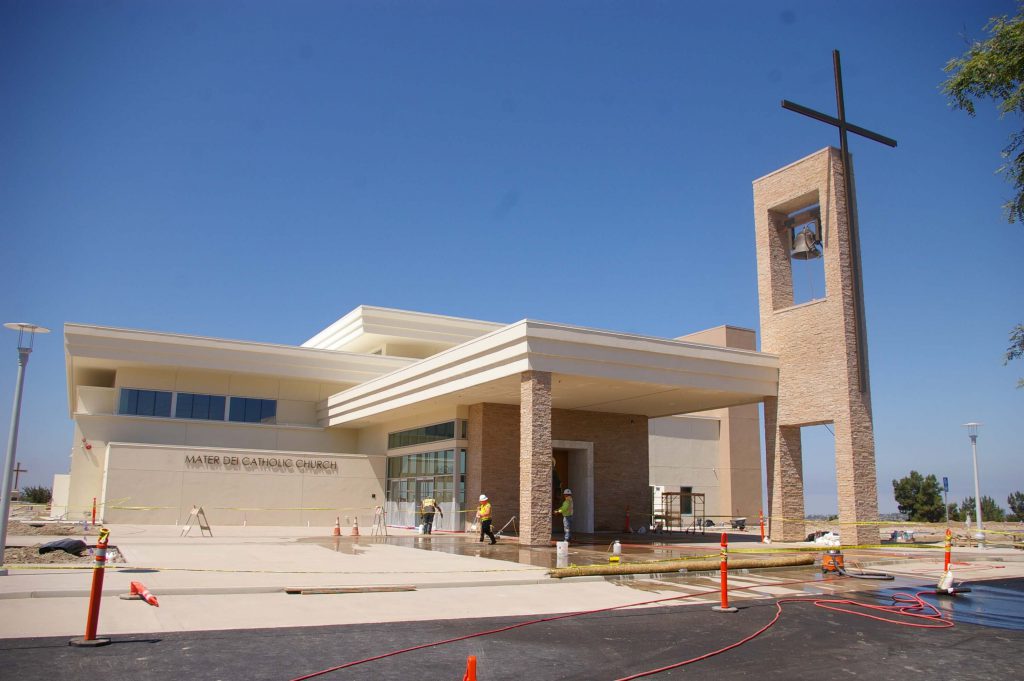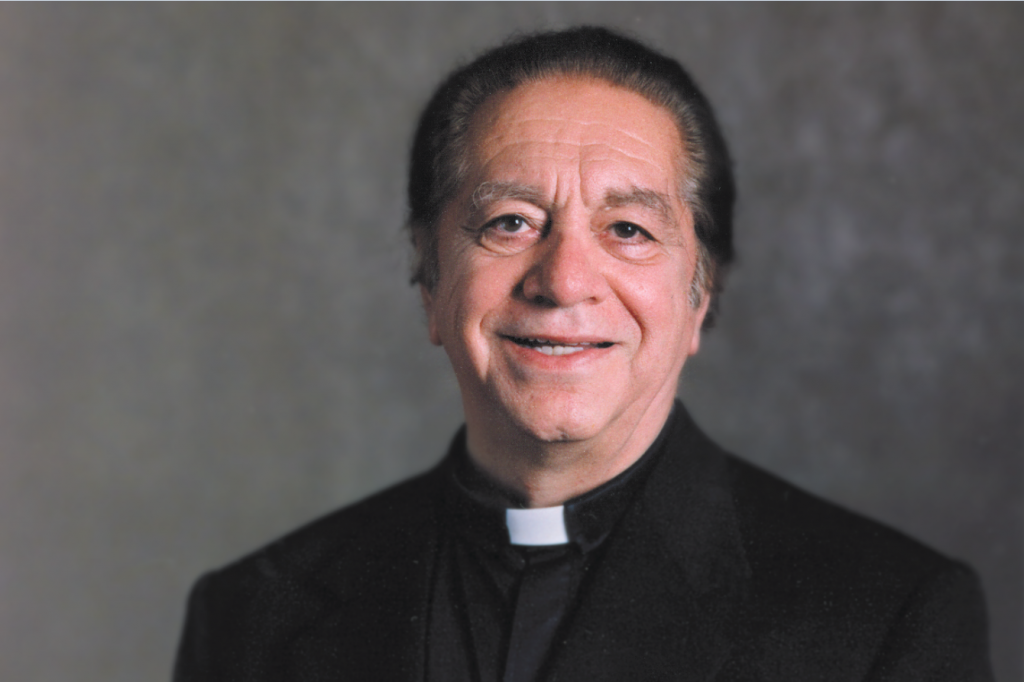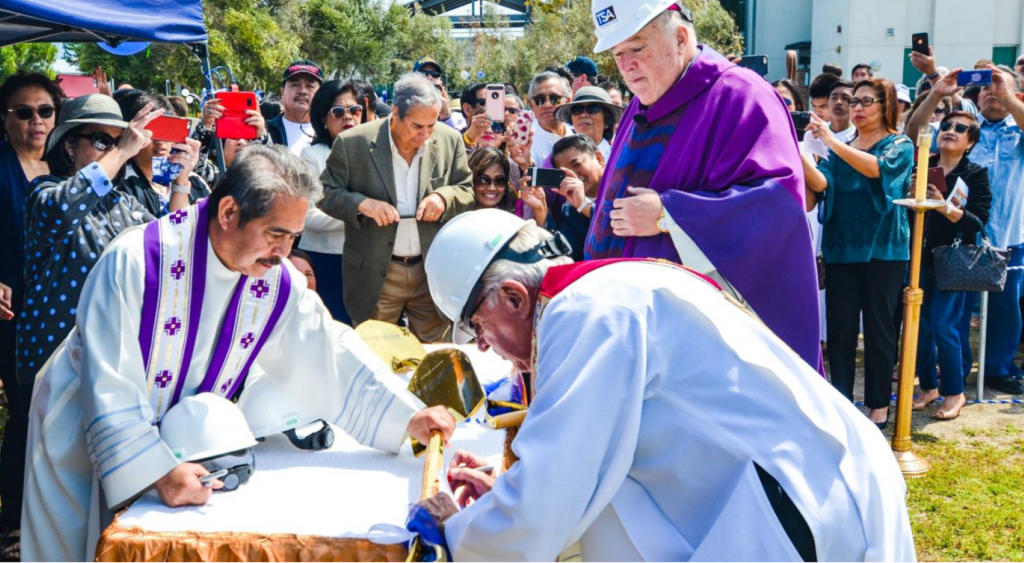SAN DIEGO — Bernadeane Carr currently feels like she has “a foot in two worlds at the same time.”
She will be retiring on July 12 after almost three decades of work for the Diocese of San Diego and is attempting to tie up all loose ends. At the same time, her everyday responsibilities as director of the Diocesan Institute continue to keep her busy.
The Diocesan Institute is a theological formation program that offers a wide variety of courses for Catholic adults, most of whom take them to prepare for ministry work.
Since joining the diocesan staff, Carr has held several roles in the Diocese of San Diego, including as director of education, editor of The Southern Cross, and director of communications.
But it was at the Diocesan Institute that she served longest, with the greatest joy and perhaps making the greatest impact.
Carr is the founding director of the Institute, holding that position from 1993-1996 and again from 2004 through the present. In the interim, she continued to teach courses there.
As director of the Institute, Carr’s responsibilities included setting the course schedule, identifying and contracting instructors, overseeing registration and the keeping of student records, and other administrative duties.
“Because I’m a teacher at heart, I very much enjoy the role of teaching and helping others to find a platform to teach,” said Carr, 65, explaining how her work with the Institute proved to be “the best fit” among her various diocesan positions.
“It has the most fun, because of the teaching part, and that makes the headaches worth it,” said Carr, a member of St. Rose of Lima Parish in Chula Vista.
Carr will be leaving both the fun and the headaches to Gerardo Rojas, currently the director of the diocesan Office for Youth Ministry. He will be succeeding her as director of the Institute after a decade directing the Youth Ministry Office and occasionally serving as one of the Institute’s instructors.
Born in southern Minnesota, Carr grew up in a predominantly Catholic community in which she was “steeped in Catholicism.” Both of her parents taught parish religious education classes, and in high school she would follow in their footsteps.
In 1976, she graduated from the College of St. Catherine in St. Paul, Minnesota, with bachelor’s degrees in philosophy and Spanish. From 1979-1984, she continued her studies at the University of Freiburg in Switzerland, where she earned a licentiate of sacred theology.
In 1987, she was hired as assistant director of education and assistant editor of the diocesan newspaper in the Diocese of Duluth, Minnesota, by its then-bishop, Robert H. Brom. Four years later, she would relocate to the Diocese of San Diego, where he would once again work under Bishop Brom.
“From 1991 to the present, Bernadeane Carr in this Local Church has been exemplary in demonstrating ‘dynamic orthodoxy’ in truly innovative ways,” Bishop Brom told The Southern Cross.
He referenced St. John Paul II’s apostolic letter “On the Dignity and Vocation of Women,” in which the pope spoke of “the feminine genius” and defined it as “the unique ability of women to make a sincere gift of self to others.”
“This is what Bernadeane Carr has done in pastoral leadership in the Diocese of San Diego for 28 years,” he said, “and for which I and so many are grateful.”
The Diocesan Institute took the place of a diploma program that was established in 1978 by Bishop Leo T. Maher in conjunction with the University of San Diego. The diploma program had been designed for the training of catechists. But, by the early 1990s, the diocese saw the need for a broader program that could provide formation for other ministries.
Since its inception, about 13,000 people have taken one or more classes through the Institute, said Carr, who notes that this includes the diocese’s permanent deacons, who complete their theological studies through the Institute, and “a good percent-age of parish leaders.” Others have taken courses simply to expand their knowledge of the faith.
Those who complete courses through the Institute can earn a diocesan certificate. The workload is comparable to that of an under-graduate major in theology.
For some students, Carr said, Institute classes provide a foundation for future graduate studies.
“I think the Diocesan Institute is extremely valuable,” said Msgr. Dennis Mikulanis, who has taught “Introduction to Ecumenism” for the Institute since 2003. “We need a well-educated Catholic community and this Institute helps to achieve that.”
He described Carr as “like a pond: quiet and calm on the exterior, but full of life and energy beneath the surface,” and he said she leaves “big shoes to fill.”
Deacon Peter Hodsdon took Institute courses from 2002 through 2006 during his formation for the diaconate.
I always looked forward to any class taught by Bernadeane,” he said. “I knew the course would be interesting, and challenging, and that I would learn something with-out doubt.”
Deacon Hodsdon, who became an instructor at the Institute in 2007, described Carr as “a woman of deep faith, crisp intelligence, poise and confidence.”
“She answers every question, no matter how inane, with patience and thoroughness,” he said. “Her grasp of all things Catholic is awe-inspiring, and her enthusiasm and articulate way of speaking made every topic come alive.”
In retirement, Carr will be able to focus less on the administrative and more on the spiritual.
She intends to devote more time to painting icons, a hobby that she picked up two years ago after attending a workshop. Since then, she has made about 50 icons, including images of Jesus as well as various saints and angels.
She also plans to continue teaching courses for the Institute, where she said the greatest reward is “to see how people’s eyes light up” when they understand something that they may have sensed spiritually but hadn’t been able to express in words.
“God wants us to know Him as well as love Him,” Carr said. “We’ll love Him better if we know Him better.”
And that’s why there’s a Diocesan Institute.

